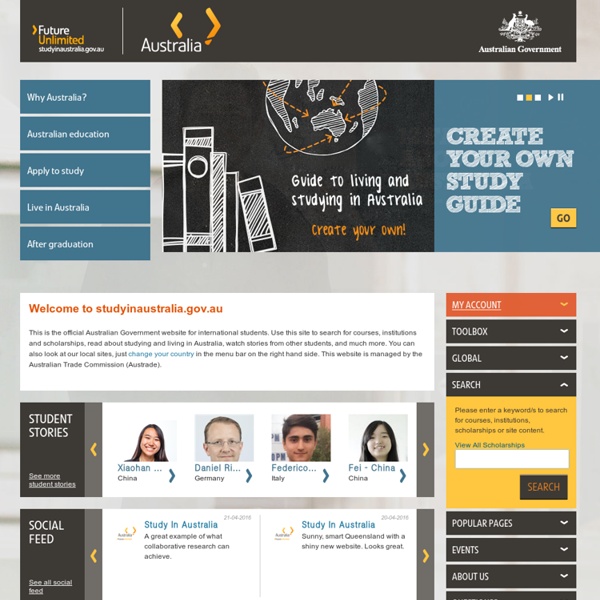



National Framework of Qualifications (NFQ) National Framework of Qualifications (NFQ) Qualifications frameworks describe the qualifications of an education and training system and how they interlink. National qualifications frameworks describe what learners should know, understand and be able to do on the basis of a given qualification. These frameworks also show how learners can move from one qualification, or qualification level, to another within a system. Over 150 countries are now developing, or have developed, a national qualifications framework. The Irish NFQ, established in 2003, is a framework through which all learning achievements may be measured and related to each other in a coherent way. Quality and Qualifications Ireland (QQI) has responsibility to develop, promote and maintain the Irish NFQ. To learn more about the Irish NFQ select NFQ – Interactive below. Qualifications Frameworks in Europe and beyond The EHEA now includes the concept of a qualifications framework with an emphasis on learning outcomes.
The Changing Nature of Organizations, Work, and Workplace Home > The Changing Nature of Organizations, Work, and Workplace by Judith Heerwagen, Ph.D., J.H. Heerwagen & AssociatesKevin Kelly and Kevin Kampschroer, U.S. General Services Administration Last updated: 12-15-2010 Introduction Imagine you went to sleep and woke up to a work day in 1960. In today's world, the structure, content, and process of work have changed. more cognitively complex more team-based and collaborative more dependent on social skills more dependent on technological competence more time pressured more mobile and less dependent on geography. In today's world, you will also be working for an organization that is likely to be very different due to competitive pressures and technological breakthroughs. This Resource Page explores the changing nature of organizations and work, the drivers behind the changes, and the consequences for workers and the workplace. Description A. Changes in Organizational Focus: What does it Mean to be Lean? Key organizational changes include: B. C. D.
Le guide complet de l'expatriation - Elisabeth Blanchet World Learning Algeria International Students This information is especially relevant to those international students arriving in Sydney for the first time. College location APIC’s Learning Centre is located in Chippendale. It is a few minutes’ walk from Central Station and Bus Stops. In addition to being close to major transport routes and on the expressway to Sydney Airport, the Centre is also surrounded by cafes, food courts, banks, parks and shopping malls. Sydney’s Central Business District can be reached by train, bus or taxi in minutes. Living in Sydney Please refer to Living in Sydney document for information on accommodation, climate, eating and retail and financial institutions. Fees & Living Expenses For International Students, refer to Study Fees and Overseas Student Health Cover The Australian Department of Immigration and Border Protection recommend the following as a minimum annual requirement for students studying in Australia: Tuition Assurance APIC is able to assist international students to organize OSHC. Student Visa
Our Department The Department leads the delivery of education and development services to children, young people and adults both directly through government schools and indirectly through the regulation and funding of early childhood services, non-government schools and training programs. The Department implements Victorian Government policy on early childhood services, school education and training and higher education services. The Department manages Victorian government schools and drives improvement in primary and secondary government education. Our Vision Together we give every Victorian the best learning and development experience, making our state a smarter, fairer and more prosperous place. Education is both fundamental to the development of individuals and families and to building a strong society that has better health outcomes, greater social mobility, and strong economic growth, productivity and employment. We do this by: Our principles Our values Education is a critical public service.
LMIP | Labour Market Information Portal Portail Web AquiMob - Toutes les aides en un seul clic ! Vous êtes étudiant·e en Nouvelle-Aquitaine et vous souhaitez effectuer une mobilité de stage ou d’études à l’étranger ? Déposez un dossier unique de demande d’aide financière sur la plateforme AquiMob ! AquiMob est un dispositif permettant, à tout·e étudiant·e inscrit·e dans un établissement d’enseignement supérieur partenaire, de déposer un dossier unique de demande d’aide financière à la mobilité internationale. Après validation, ce dossier sera présenté à toutes les Commissions d’attributions relatives aux aides disponibles dans l’établissement d’enseignement supérieur de l’étudiant candidat. Avec aquimob.fr, cliquez partez ! Découvrez la genèse du dispositif. Retrouvez toutes les informations sur les aides attribuées via la plateforme AquiMob. Accédez au formulaire de dépôt de candidatures.
REACH DIGITAL PEOPLE - Digital Strategy and Management, Digital Marketing, Interactive Design, Direct ... in Algeria Életünk Down Under Nagyon jok vannak benne, es tenyleg nagyon olcsok is!!!! Most ahol kineztuk a telket (Mango Hills), eleg nehez telket kapni, mert nagyon nepszeruek, es egy nap alatt elkapkodjak az osszeset, tobbseget epitteto cegek veszik meg. :o( Az egyik epitteto ceg eladna nekun kaz ovet, de akkor vele kellene epitetni. Gyonyoru hazai vannak, de bazi dragak. Viszont tegnap voltunk a bankba, es MEGKAPTUK A HITELT! MEGVETTUK A TELKET!!! Tegnap vettunk telket!!!!!! Reszletek: 733nm, saroktelek. 172ezer dollar volt, ami nagyon jo a penztarcanknak, mert mi olyan 200-220 korul kalkulaltunk. Ja, ott van abban a lakoparkban, amirol mar korabban is irtam. HITELlel kapcsolatos tudnivalok: A Commonwealth Banknel vagyunk, toluk kertuk a hitelt is. Most hazterveket keresunk, mert mivel egyreszt saroktelek, masreszt trapez alaku, ezert nem annyira egyszeru ra hazat epiteni, de azert biztosan meg lehet majd oldani... De az epitkezes meg mindenkeppen a jovo zeneje, talan jovore, de semmikepp sem mostanaban.